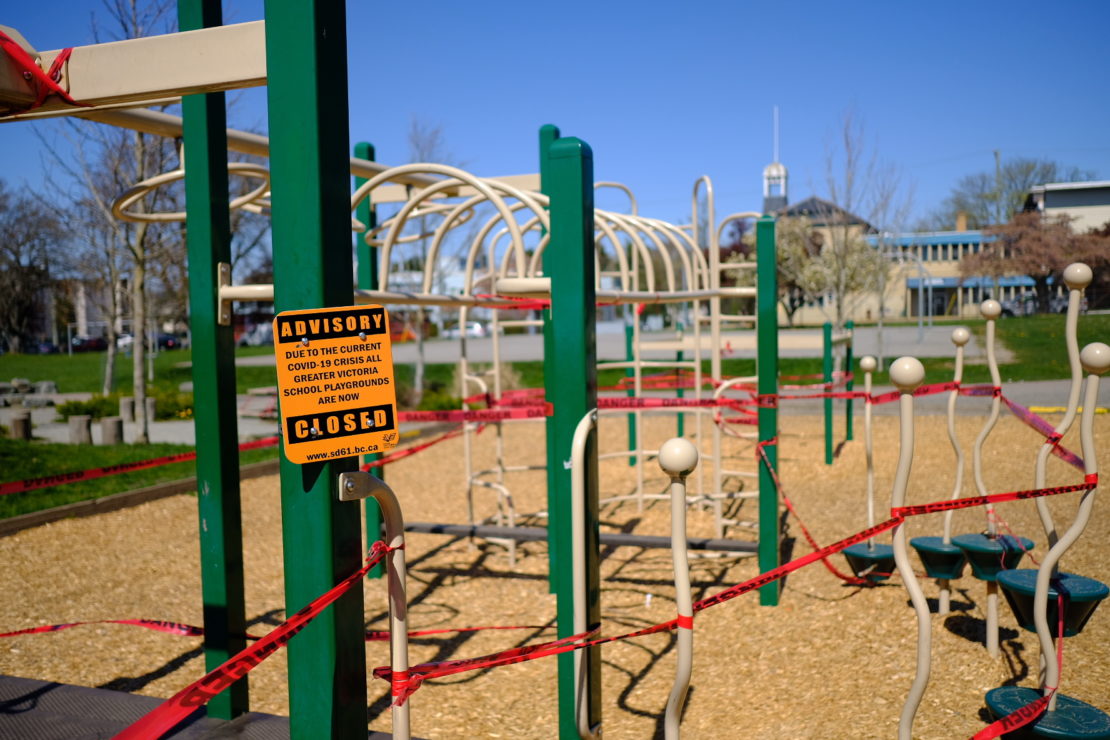A reminder to harness the positive outcomes of global hardships like this one

When my grandfather was 12 years old, it was 1944 and he lived in Nazi-occupied France.
He watched German soldiers march through the streets of Marseille, taking car tires from residential garages to ensure they had enough for military vehicles.
He waited for days to hear from his older brother after the town was accidentally bombed by American planes. My great uncle was buried alive at the schoolhouse, crawled from the wreckage, and made his way home — only able to say “I’m alive” over and over when he got in the door.
He has lived in Victoria since 1954, never re-settling in his home country.
Despite all these traumatic experiences, in recent years at family gatherings, when we talk about the state of the world as families do, one of the most common things we hear from him is, “Give the people a war!”
Now, I’m sure that most will agree that this is something of an exaggeration. It’s also convenient for him to say — if there were to be war, he likely wouldn’t be around to see it. But perhaps his thinking behind such a claim warrants further discussion.
Aug. 9, 2020 will mark the 75th anniversary of the U.S. military dropping the “Fat Man” atomic bomb over the Japanese city of Nagasaki. Since then, the western world has seen four generations grow up in a time of relative peace.
Peacetime has lasted so long that we have forgotten that it has come at a price. Not only is our “peaceful” society built on the work of people across continents (as it’s largely enforced by our capitalistic dominance), but something else is missing.
Living in a world with high-end appliances, streaming services, and every vegetable in season all the time, we seem to have lost the fundamental ability to operate as a species. The internet gives us the illusion that this is not the case — that we’re all “digitally connected” — but the softness of North American life has left many of us emotionally distant and deprived of life skills. How many people do you know under 30 that can get a fire going? Change spark plugs on a car? Sew a button onto a shirt?
Of course, the idea of “life skills” evolves with time. Many young people are excellent coders and networkers on social media. But take a minute to think about that. These “life skills” revolve around one’s ability to manipulate a product owned by a company that’s younger than its users, funded by advertising and data mining. If you’re like me, that raises alarm bells.
In 2020, we entered a pandemic and urgently shut down the activities that we seem to think define us as people, such as spin classes, business lunches, and concerts. While the social element of these activities is certainly important for our mental health, losing it allows us to examine the precarious nature of the activities themselves.
When these highly curated and sanitized practices break down, our securities and even our senses of self can follow. The idea that we’ve built those things on such fragile ground feels to me a grave error — and it warrants humbling.
So I implore you not to renounce modern life in this time of societal pause — but to simply remind yourself what our place really is on this rock hurtling through space.
I’m not asking that we avoid FaceTiming with loved ones — but I encourage you to remember that FaceTime has been built on what Marshall McLuhan predicted to be a “global village” — a level of connectivity that fundamentally contradicts the human experience of millennia prior.
I’m not asking you to cancel your trip to Thrifty’s, but when you pick out a ripe blood orange, I encourage you to remember that your ancestors acquired fruit through ideal weather conditions and climbing trees, and that living in Victoria a hundred years ago would have meant that you may not have known what a blood orange was.
And when you get in the car to take it home, I encourage you to take time to process the relative insanity of travelling at 50 kilometres per hour.
I hope that we can come to understand this collective hardship to be our coming-of-age in the 21st century — our own “war” that my grandfather claims we need — and that we may come out of it more mindful of how lucky we are to have anything that we have, perhaps even reminded of what it means to be human again.







